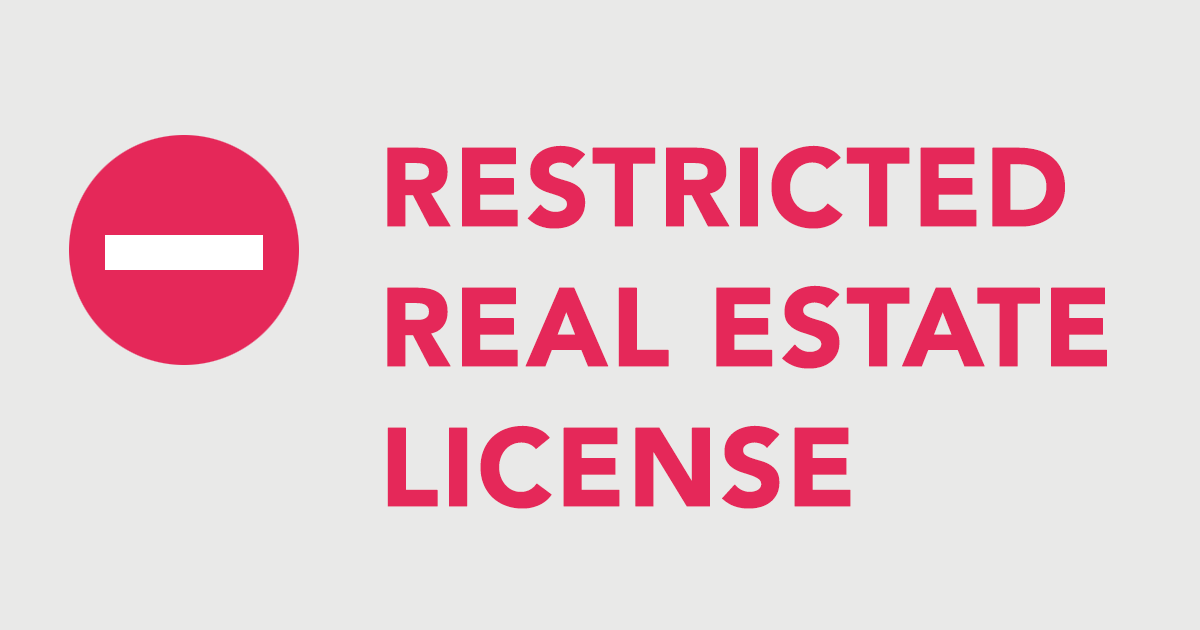
These are some great tips for maximising your investment in real estate. You can learn more about what types of properties you could invest in by reading the following article. The article will also cover the importance of location, asset protection, and refinancing existing properties. Then, take advantage of these tips to maximize your investment success. This article will be especially useful if this is your first time investing or you plan on buying multiple properties.
Investment properties
What makes investment properties suitable for real estate investors attractive? Your goals, market conditions, and preferred investing strategy will all play a role in the answer. These questions are not easy to answer. It is important to weigh the pros and cons for each investment option. Also important is the area. Investors looking to invest in vacant land may be more interested than those who are in mature markets. However, residential property investors might be more interested.

Protection of your assets
You have a number of options to protect your assets when you are serious about investing in real property. Many real estate investors opt for landlord insurance and low-interest debt. But, if you're serious about investing in real estate, an LLC or trust could be a good option to increase your asset security. Be sure to take into account how much equity has been built up on your properties. Ultimately, the best strategy will depend on your goals, investments, and risk tolerance.
Locate
Real estate investing is all about the location. Your return on investment will be greatly affected by where you purchase your property. Although less lucrative properties may be more profitable than expensive ones, it's still important to evaluate the surrounding area. Some neighborhoods are booming, and others may not be the best investments. Consider the area's affordability and job market to determine whether it is the right investment for you. Be sure to thoroughly inspect the property before you make a decision.
Refinance existing properties
Real-estate investors have the option to refinance existing properties, which allows them to enjoy lower interest rates with lower monthly payments. This can help maximize their investment. Refinance your existing properties will allow you to use the equity that has been built to the property to improve or finance other investment properties. Refinances can also be eligible for tax deductions. This is a great option to consider for investors. But it requires several steps. Here are the steps to get you started.

Manage your own portfolio
There are many choices to be made when you start your own real estate portfolio. The best asset allocation depends on your goals as well as your tolerance for risk. You will need to take greater risks if you want higher returns. However, investors who are looking to earn a steady and predictable income will choose to invest in safer assets. Generally, a higher risk tolerance leads to a more aggressive real estate portfolio. But how do you know which investments are best?
FAQ
How do I know if my house is worth selling?
Your home may not be priced correctly if your asking price is too low. A home that is priced well below its market value may not attract enough buyers. Our free Home Value Report will provide you with information about current market conditions.
How long will it take to sell my house
It depends on many different factors, including the condition of your home, the number of similar homes currently listed for sale, the overall demand for homes in your area, the local housing market conditions, etc. It can take from 7 days up to 90 days depending on these variables.
How many times can I refinance my mortgage?
This depends on whether you are refinancing with another lender or using a mortgage broker. In either case, you can usually refinance once every five years.
How much money can I get to buy my house?
It depends on many factors such as the condition of the home and how long it has been on the marketplace. Zillow.com reports that the average selling price of a US home is $203,000. This
What are the benefits to a fixed-rate mortgage
A fixed-rate mortgage locks in your interest rate for the term of the loan. This guarantees that your interest rate will not rise. Fixed-rate loans come with lower payments as they are locked in for a specified term.
Statistics
- 10 years ago, homeownership was nearly 70%. (fortunebuilders.com)
- Private mortgage insurance may be required for conventional loans when the borrower puts less than 20% down.4 FHA loans are mortgage loans issued by private lenders and backed by the federal government. (investopedia.com)
- The FHA sets its desirable debt-to-income ratio at 43%. (fortunebuilders.com)
- It's possible to get approved for an FHA loan with a credit score as low as 580 and a down payment of 3.5% or a credit score as low as 500 and a 10% down payment.5 Specialty mortgage loans are loans that don't fit into the conventional or FHA loan categories. (investopedia.com)
- This seems to be a more popular trend as the U.S. Census Bureau reports the homeownership rate was around 65% last year. (fortunebuilders.com)
External Links
How To
How to find an apartment?
When you move to a city, finding an apartment is the first thing that you should do. Planning and research are necessary for this process. This involves researching and planning for the best neighborhood. There are many ways to do this, but some are easier than others. These are the steps to follow before you rent an apartment.
-
Online and offline data are both required for researching neighborhoods. Online resources include Yelp. Zillow. Trulia. Realtor.com. Other sources of information include local newspapers, landlords, agents in real estate, friends, neighbors and social media.
-
See reviews about the place you are interested in moving to. Yelp, TripAdvisor and Amazon provide detailed reviews of houses and apartments. You may also read local newspaper articles and check out your local library.
-
Make phone calls to get additional information about the area and talk to people who have lived there. Ask them what they liked and didn't like about the place. Ask for recommendations of good places to stay.
-
Be aware of the rent rates in the areas where you are most interested. Consider renting somewhere that is less expensive if food is your main concern. If you are looking to spend a lot on entertainment, then consider moving to a more expensive area.
-
Find out more information about the apartment building you want to live in. It's size, for example. What's the price? Is it pet-friendly What amenities are there? Can you park near it or do you need to have parking? Do tenants have to follow any rules?